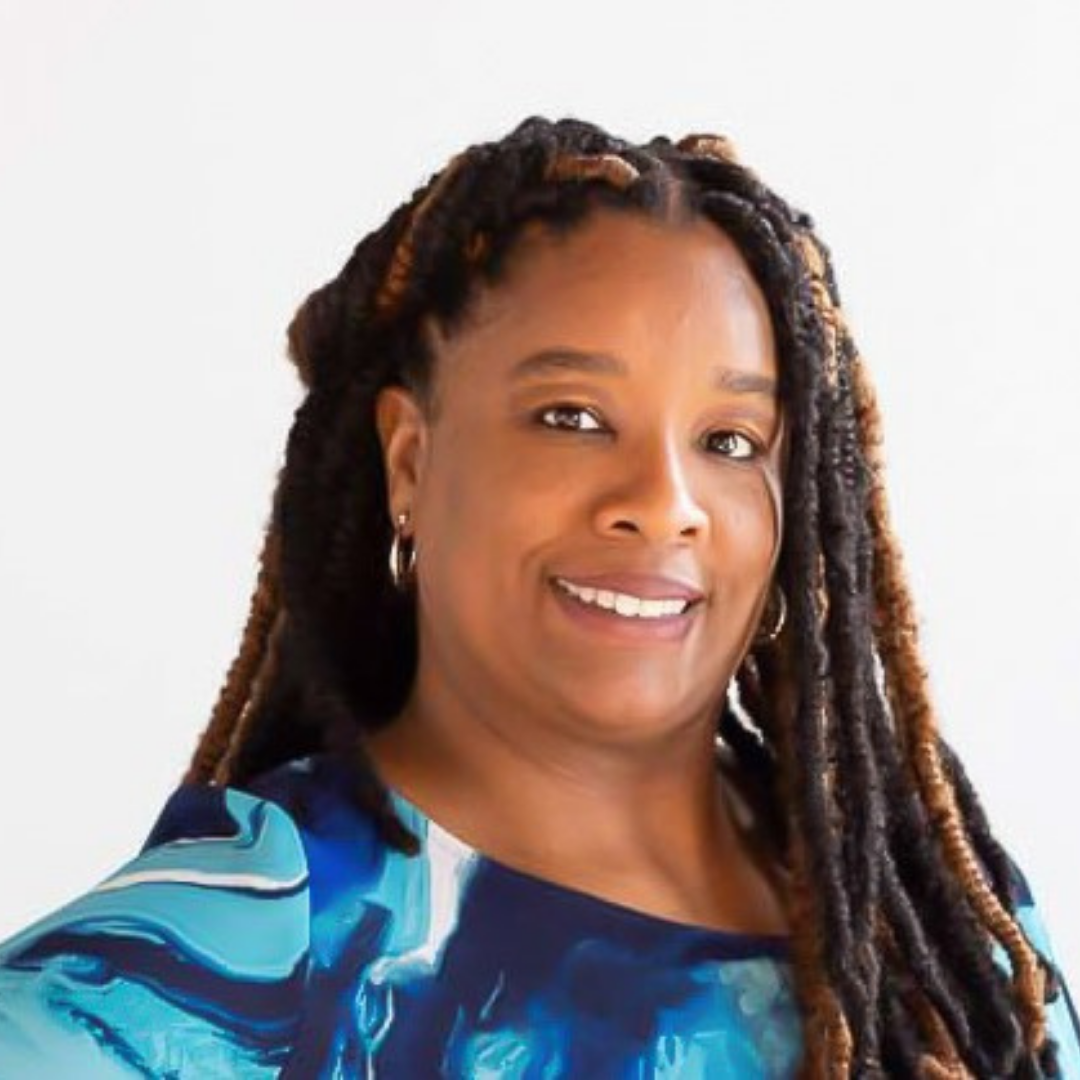An Oral History of Innovation: LISC’s Jennifer McClain on 15 Years of Advancing Financial Opportunity
Last year, LISC’s national network of 130 Financial Opportunity Center® sites served more than 25,000 people looking to launch careers, build savings and credit, or buy a home. LISC’s Jennifer McClain takes a closer look at the ingredients – one-on-one coaching, new data management tools, storytelling – and determination needed to build a program that truly empowers community members to build careers and boost financial health.
 2022 marks my fifteenth year at LISC supporting our network of Financial Opportunity Center® (FOC) partners. During that time, I’ve seen the model, inspired by the hopes of my Chicago neighbors, grow from four sites in the city to over 130 sites based in community organizations across the United States. Our model works because LISC supports partners, just as our partners support their community members.
2022 marks my fifteenth year at LISC supporting our network of Financial Opportunity Center® (FOC) partners. During that time, I’ve seen the model, inspired by the hopes of my Chicago neighbors, grow from four sites in the city to over 130 sites based in community organizations across the United States. Our model works because LISC supports partners, just as our partners support their community members.
Our FOCs have succeeded because they recognize the strengths and ambitions of everyone who walks through their door. Coaches partner with community members and provide the holistic support, encouragement and accountability to set, work towards and accomplish their career and financial goals. We know what strategies to keep and where we can innovate through our data management, and we continue to provide long-term investment to local partners so they can focus on growing their relationships with and impact alongside community members.
Last year, over 25,000 community members visited our FOCs, looking to start better careers, build savings and credit, or buy a home. But the origin of our career and financial coaching was sparked by my community’s voice here in Chicago. In the 1990s, LISC spoke with residents and local partners who highlighted the need for better job opportunities in our city. At the time, most workforce development programs were designed to get people a job and that was it. In 2005, LISC funded its first FOCs in Chicago: we knew we could do better. We intentionally focused on connecting people to start new careers and wove in ways to help them achieve their financial goals.
Coaching Over Counseling
What’s special about our approach is our focus on coaching the individual. FOC staff highlight the power community members have to shape their future finances and careers. This is a critical difference from financial counseling, which prescribes solutions to clients. Long before I was considered a coaching guru on the team, I attended my first LISC coaching training, where I had two epiphanies. First, I wished I’d had this training when I was a case manager! Second, all of our FOC staff need to lean into this approach.
I, alongside a team of experts at LISC, led countless FOC and LISC staff to increase the quality of coaching in our work, hosting webinars, trainings, and one-on-one meetings. We train coaches to ask the right questions to help people set life goals for themselves. Then we can highlight choices and pathways to help them achieve their dreams. We’ve seen the impact. In 2021, over 10,000 people created a spending plan, 6,000 improved their credit and 3,800 built their savings – all during a historically difficult time.

The Data to Prove and Improve
When I joined LISC in 2007 from a local FOC site, LISC was preparing to fund a new national network of FOC partners. I was recruited because LISC saw how I was challenging the existing data system towards where we needed to be. Originally, data was focused on simple outcomes: how many people received services or came into the site? But we broke new ground by learning to ask harder questions. With refined data tools, our network could track how community members improved their career and financial health, which allowed us to tell the broader story of our FOCs and community members and identified new opportunities for innovation. In turn, the data collected attracted leading funders like Citi Foundation, which helped us launch the growing network of FOCs.
The full value FOC partners receive – the financial support, the technical assistance to understand and use their data, the trainings for staff – allows these organizations to focus on the relationships with community members. We wouldn’t be where we are today without the data we collected. And our data wouldn’t be what it is without our local partners.
Envisioning a Brighter Future
Our continued innovation, emphasis on data, and dedication to training our network around coaching contributes to the success we see today. But we’re not resting on our laurels. In Chicago, my fellow LISC team member Sarai Garza and I aim to expand our impact through the FOC Model Implementation Academy, which will support local workforce organizations to incorporate FOC strategies and offer more opportunity for community members. In Chicago, Philadelphia, Charlotte and other markets, LISC is also examining how FOCs can better prepare clients for homeownership and intergenerational wealth building. And our movement is still growing. In the past year alone, the FOC network has expanded to include fourteen new sites, and we look forward to supporting even more sites and markets soon.
I’m proud of the past fifteen years, acting as a partner for the FOC network locally and nationally and recently earning a promotion to Senior Director of Economic Opportunity, Wealth Building and Leadership Development. The training we provide to coaches, the access and support we provide to data, and our commitment to innovating our model alongside local organizations has connected thousands to greater opportunity. I’m driven to continue to do more knowing our financial and career coaching is making an impact today.
Because behind every data point there is a person who is working to achieve a dream.
About the author
 Jennifer McClain, Senior Director of Economic Opportunity, Wealth Building and Leadership Development, LISC Chicago
Jennifer McClain, Senior Director of Economic Opportunity, Wealth Building and Leadership Development, LISC Chicago
As Senior Director of Economic Opportunity, Wealth Building and Leadership Development, Jennifer leads LISC Chicago’s strategy, funding and programming in individual economic opportunity including the network of Financial Opportunity Center® sites. Drawing from two decades as an impact-driven nonprofit champion, she drives initiatives helping peers and external partners achieve their goals. She is an expert in financial, career, supervisor and leadership coaching. Jennifer holds a BS in Computer Science from Dillard University and a joint MBA-MPA from the Keller Graduate School of Management.